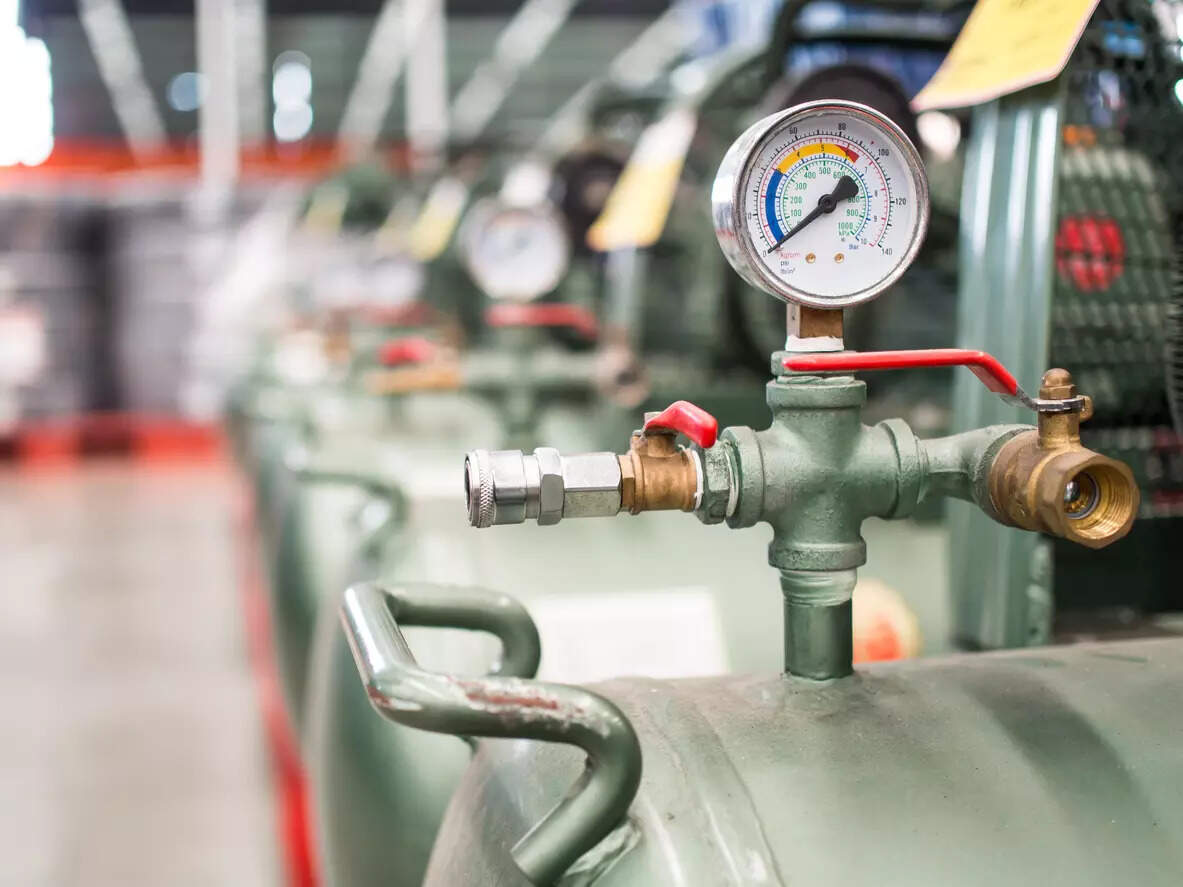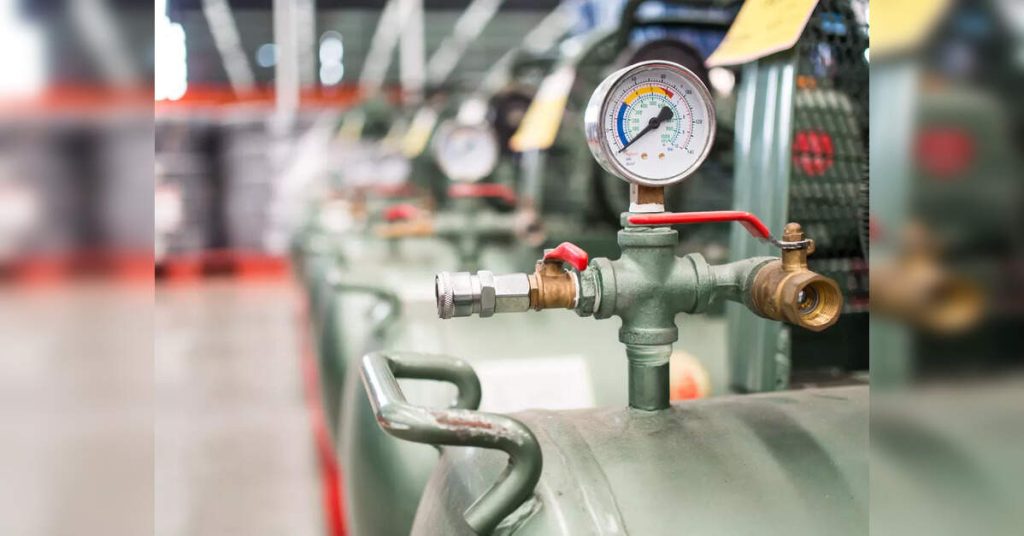
A regulatory panel has called for greater transparency in pricing and capacity booking at liquefied natural gas (LNG) terminals, urging operators to rationalise truck-loading charges and allow trading of unused regasification capacity.
The expert panel, comprising industry executives and headed by former Petroleum and Natural Gas Regulatory Board (PNGRB) chairman DK Sarraf, also recommended that the regulator take a more active role in curbing anti-competitive conduct to develop a stronger domestic gas market.
“PNGRB should also collaborate with the Competition Commission of India on restrictive trade practices and establish a dedicated market monitoring cell to proactively oversee compliance, curb anti-competitive conduct, ensure non-discriminatory third-party access, and uphold fair market behaviour across the sector,” the panel appointed by PNGRB said in its report.
The panel recommended that “all regasified LNG terminals in India adopt a fair, transparent, and non-discriminatory capacity booking framework”. While recommending no regulatory intervention in determining LNG regasification charges, the committee highlighted that “annual increase of 5 per cent imposed by some of the LNG terminals in the regasification charges does not stand to any logical scrutiny”.India has eight operational LNG terminals with a total capacity of 52.7 million metric tonnes per annum, with most of them remaining less than 50 per cent utilised.
The panel pointed out “significant disparity” in regasification and truck-loading charges across LNG terminals. Terminals at Dahej, Hazira, and Mundra have a regasification charge of ₹66.05 per MMBtu, while Kochi and Ennore charge ₹79.80/MMBtu for 2025, “leading to increased costs for city gas distribution entities and ultimately, higher prices for end consumers,” it said.
Truck-loading charges range from ₹63 to ₹93 per MMBtu at Indian LNG terminals, compared with ₹29.75 in the Netherlands and ₹42.5 in Japan. This contrasts with an average of ₹2.1 per MMBtu for truck loading of refined products in India. “The high LNG truck loading charges with 5 per cent annual escalation adversely impact the ability of customers to convert to gas from alternative fuels,” the panel said.
Terminal users must be allowed to trade their unused regasification capacities with third parties, the panel recommended. “Existing capacity holders often lock in terminal capacity under long-term agreements. But without a structured framework to release or trade unused capacity, third-party users are unable to access infrastructure on a flexible or short-term basis.”


